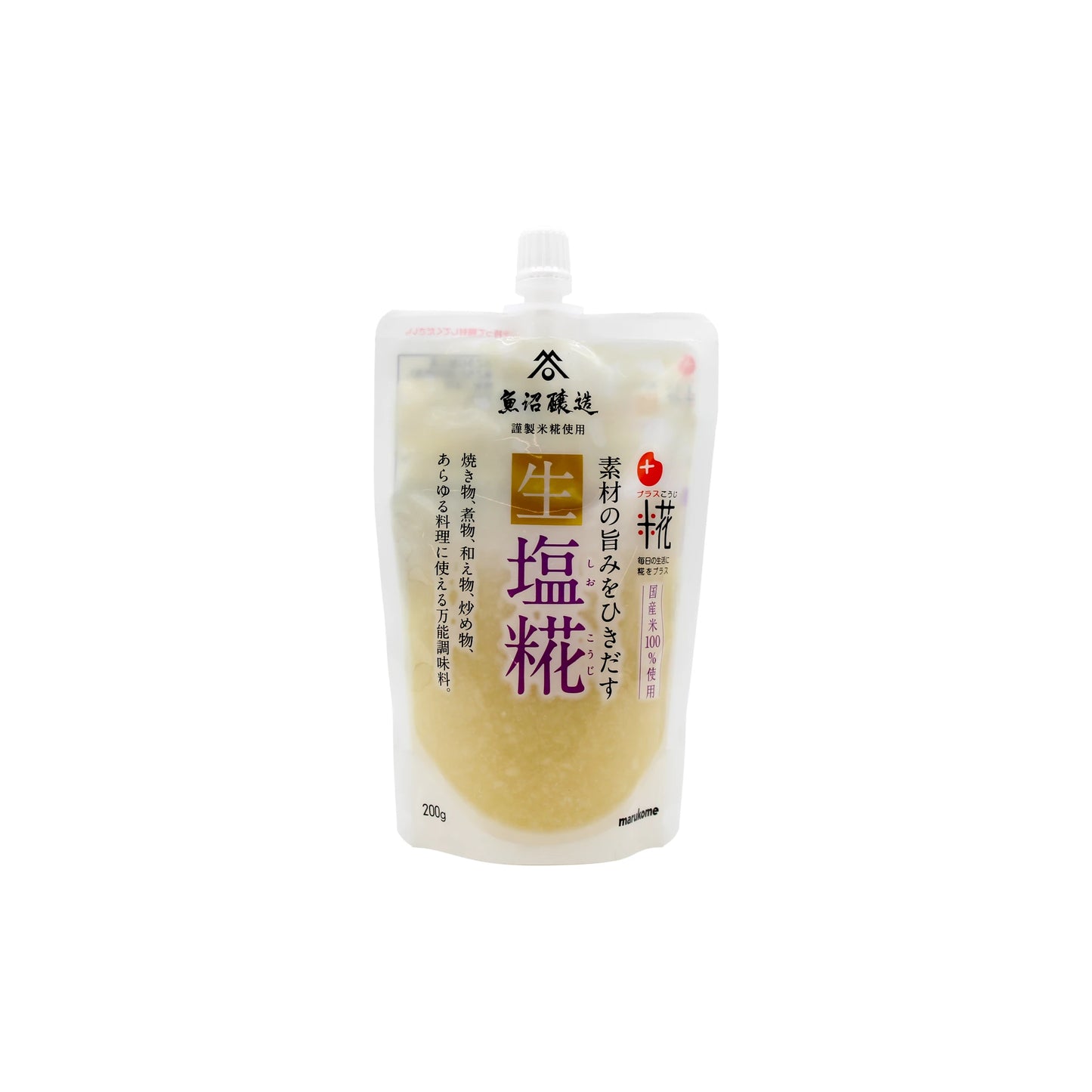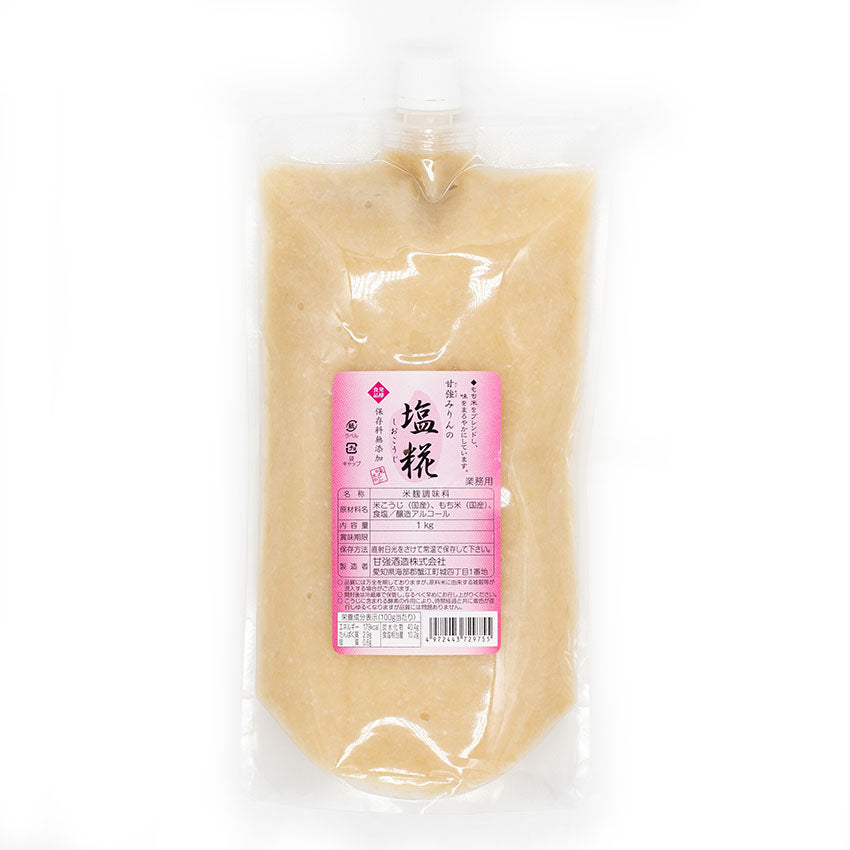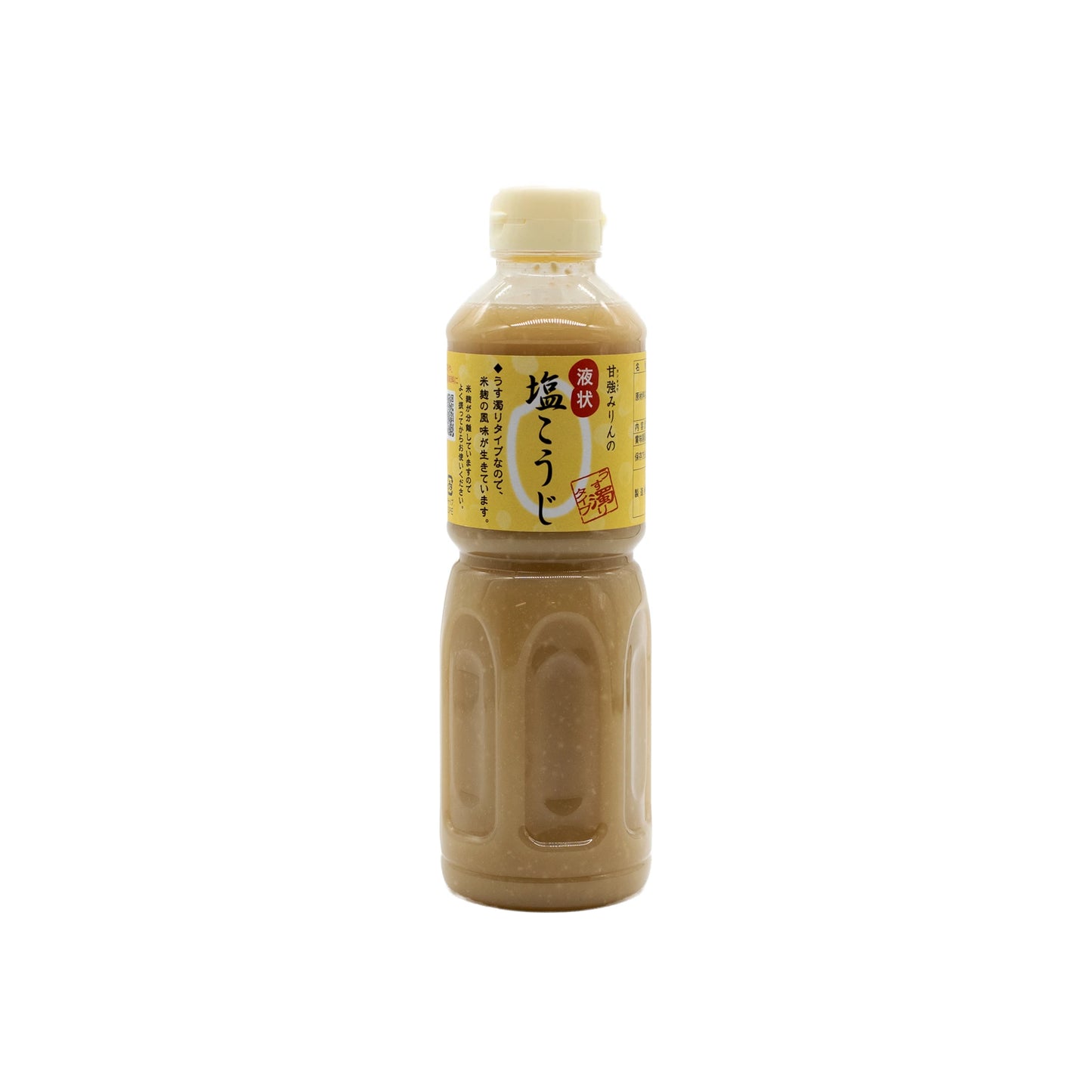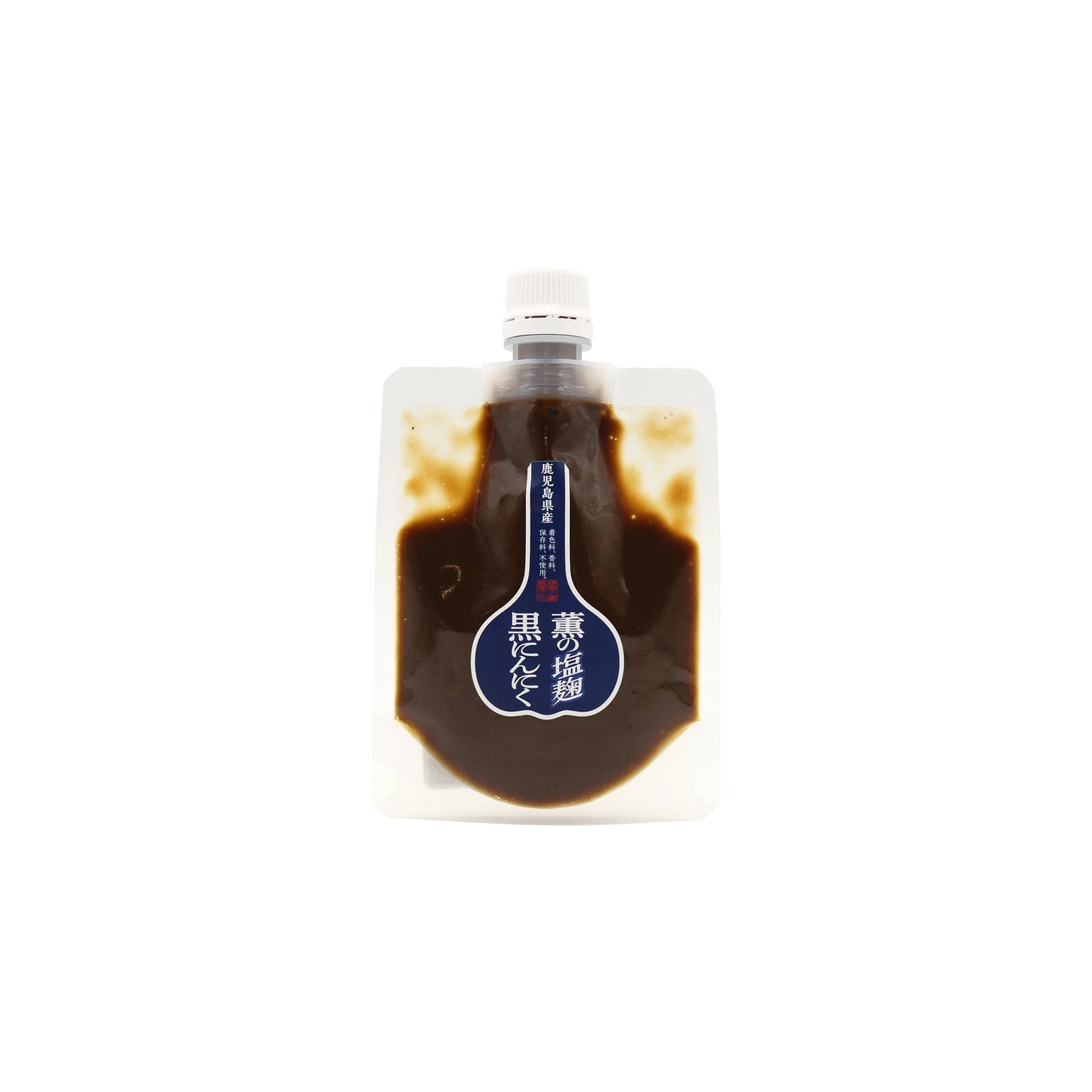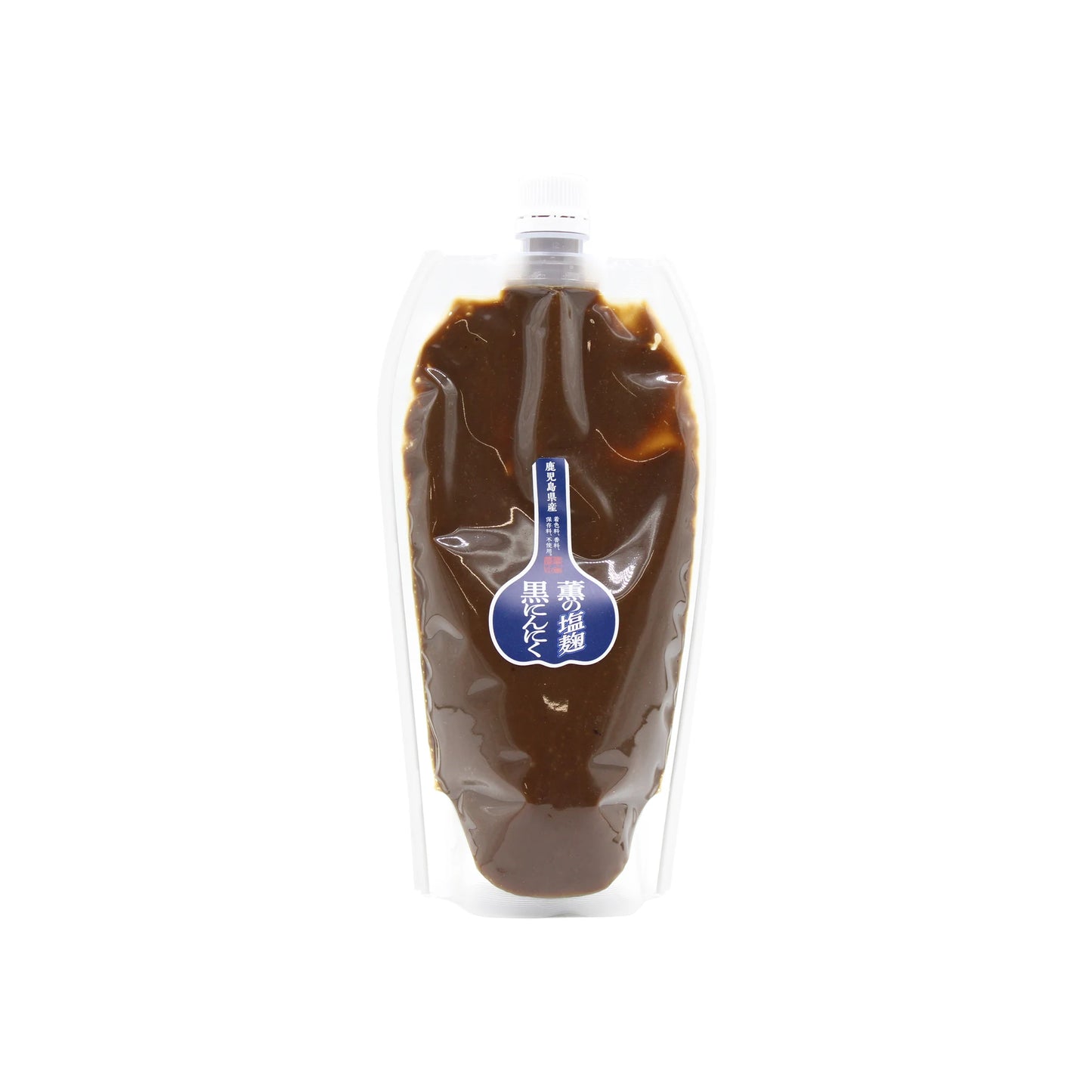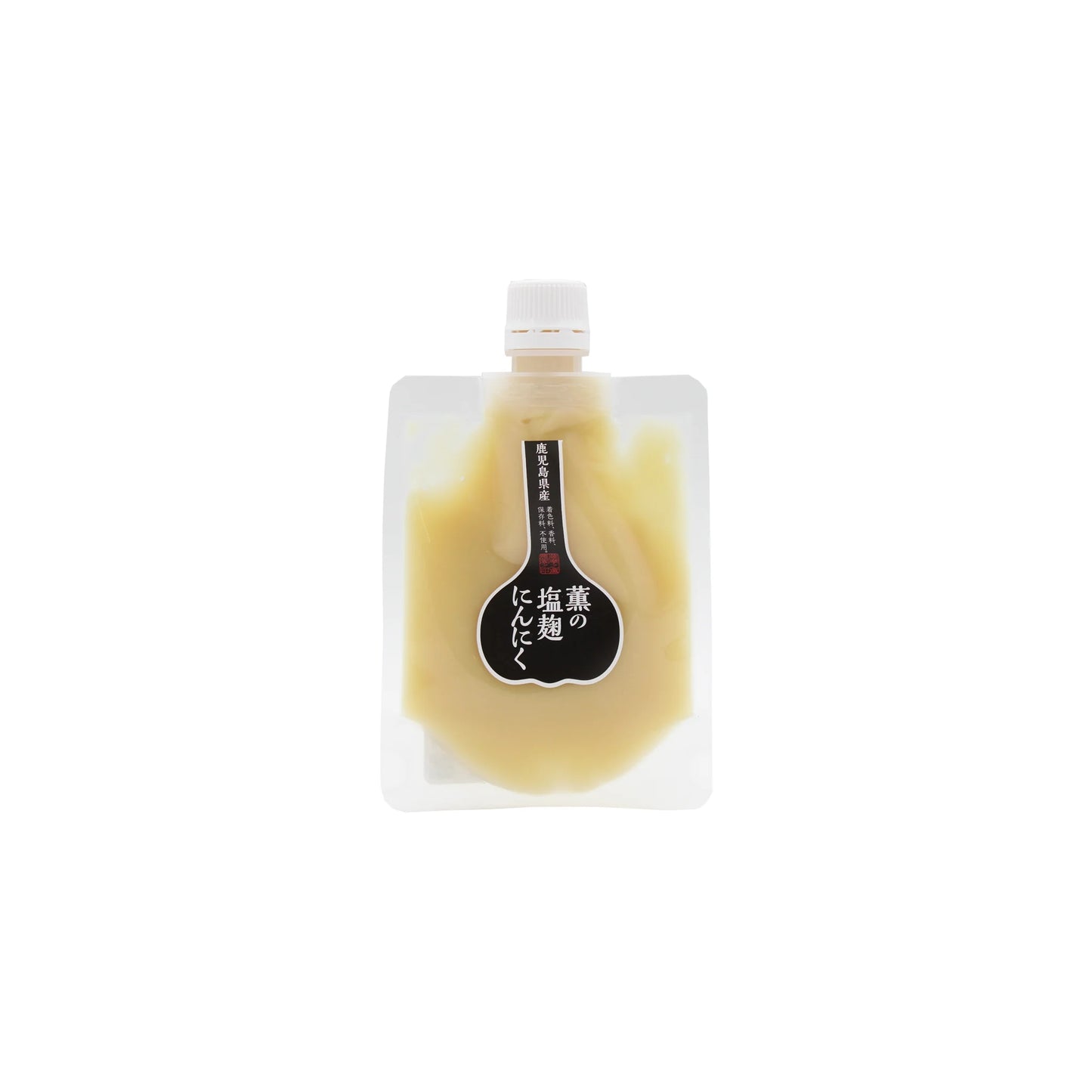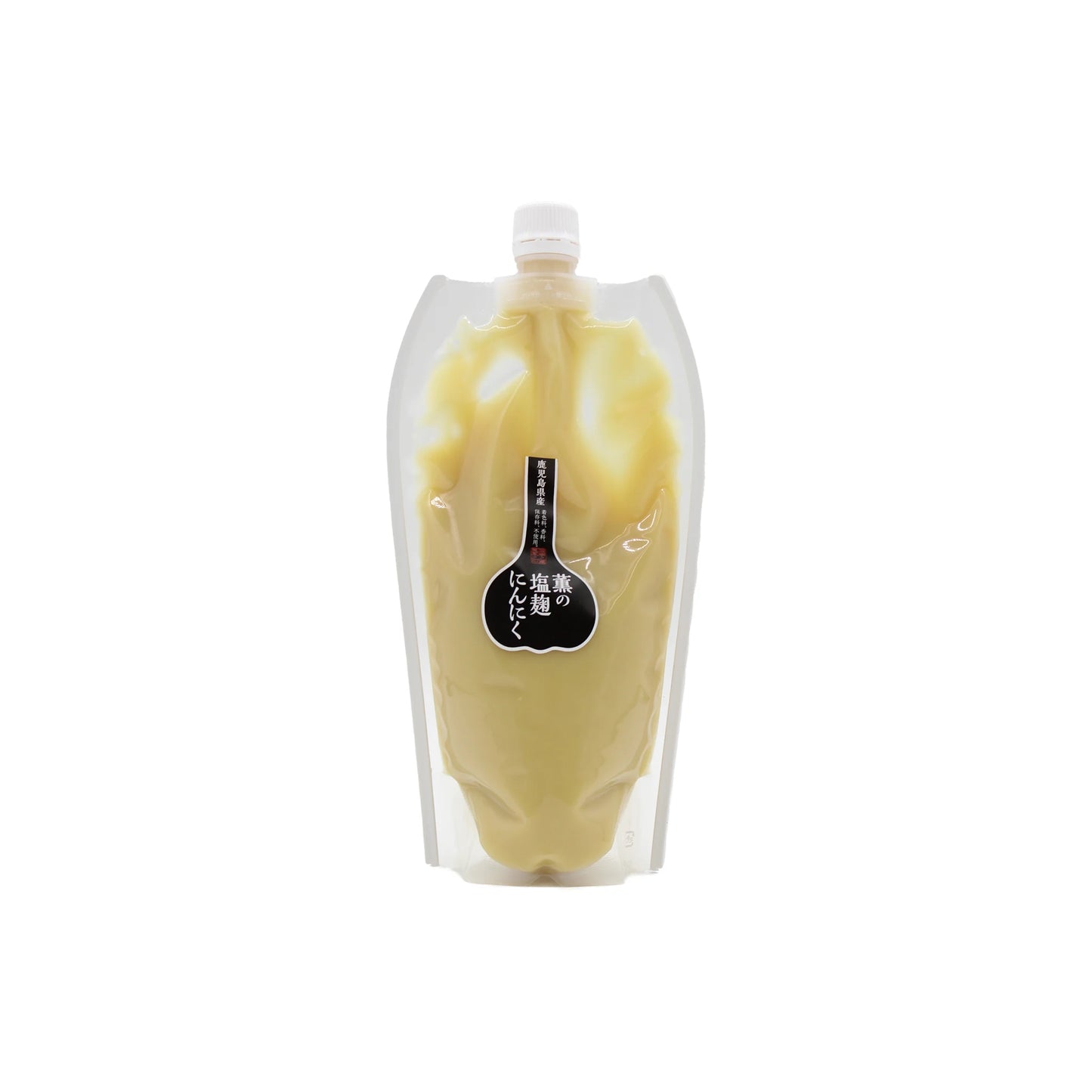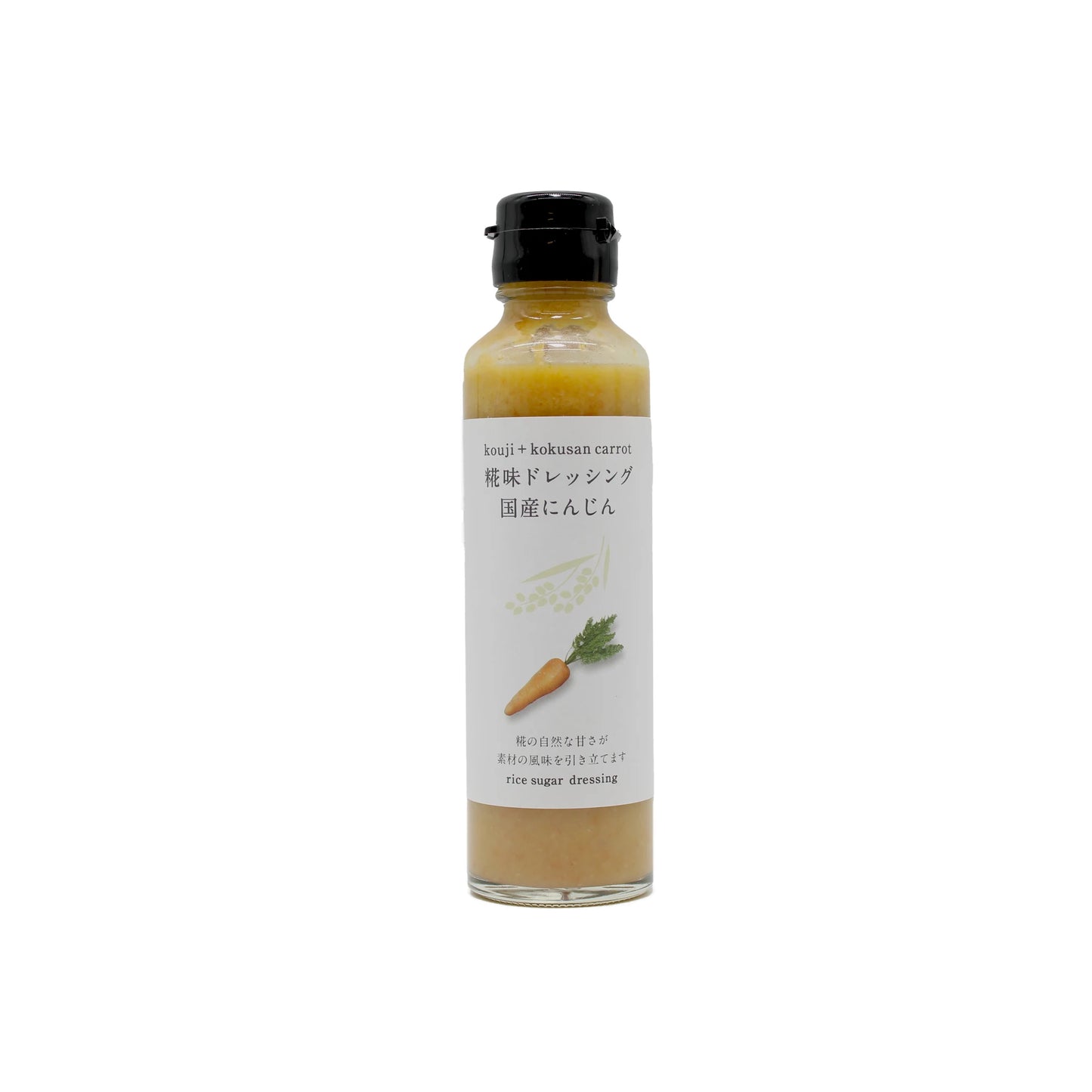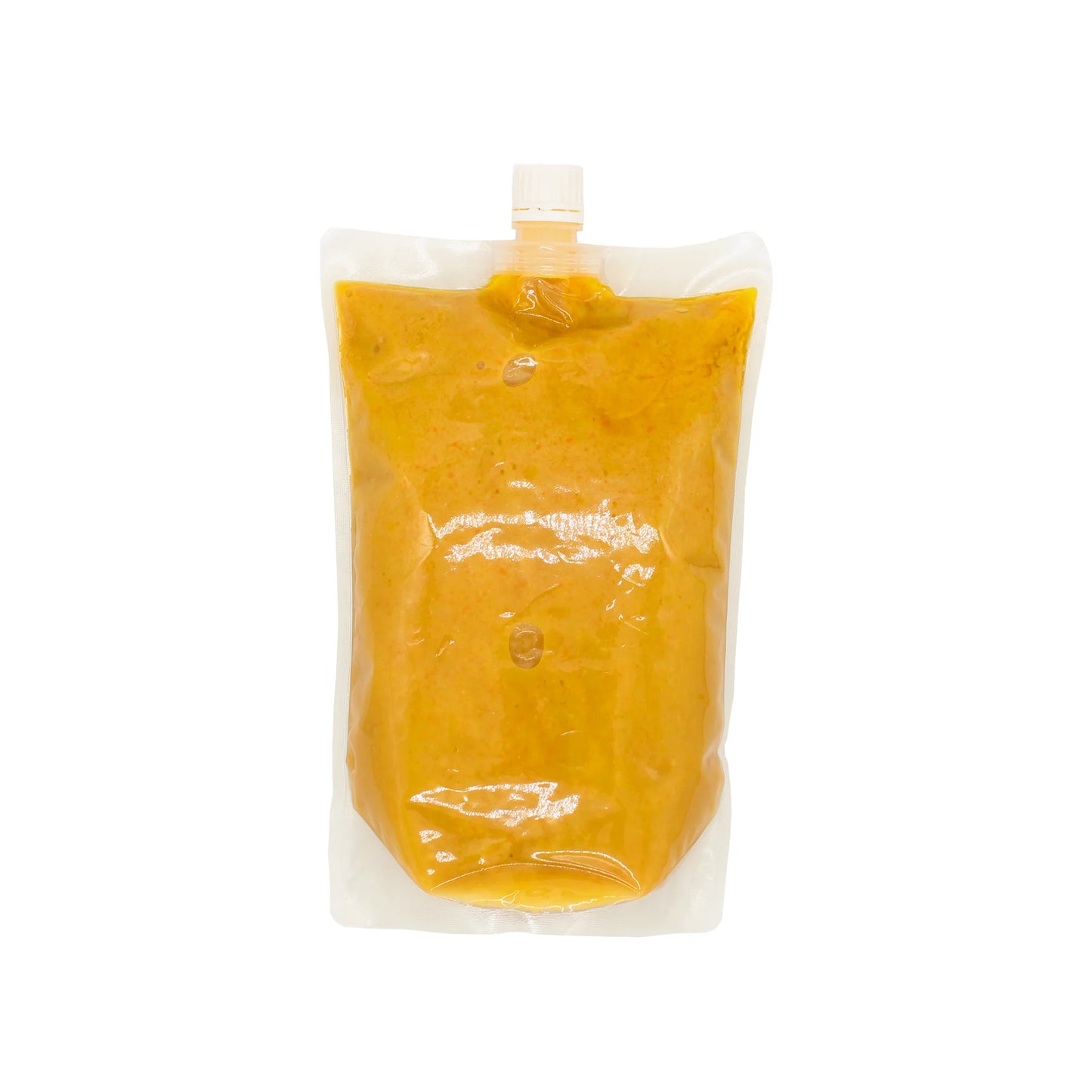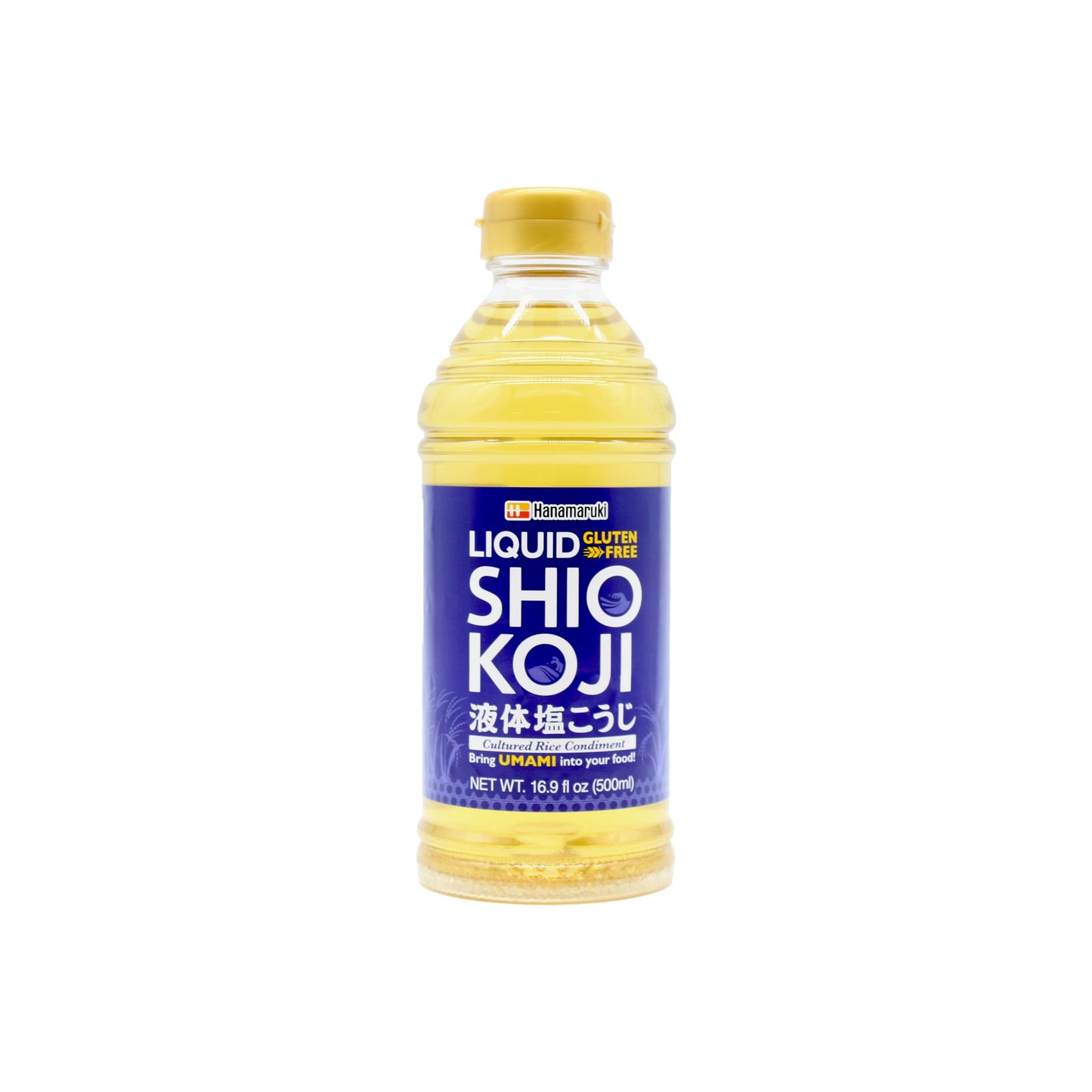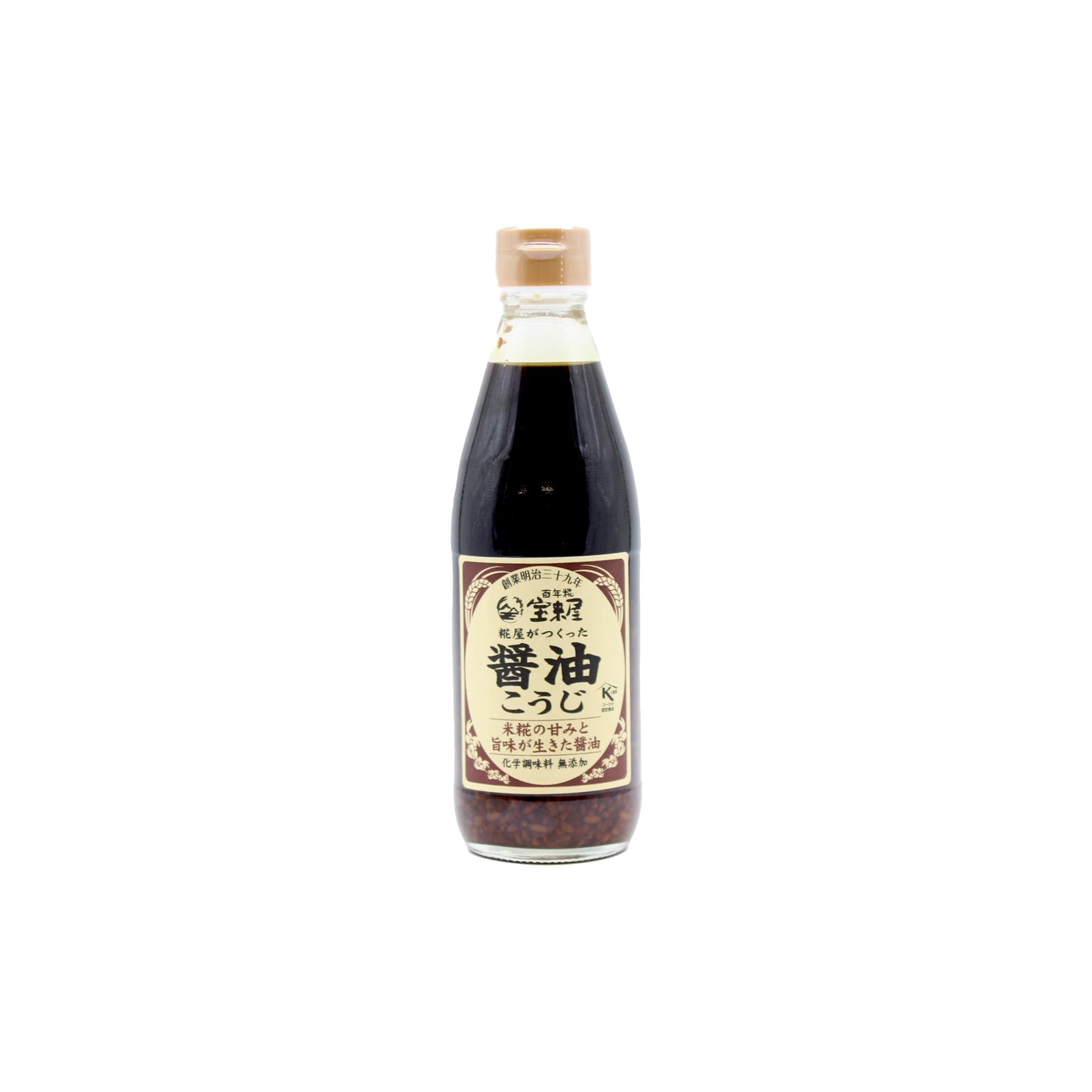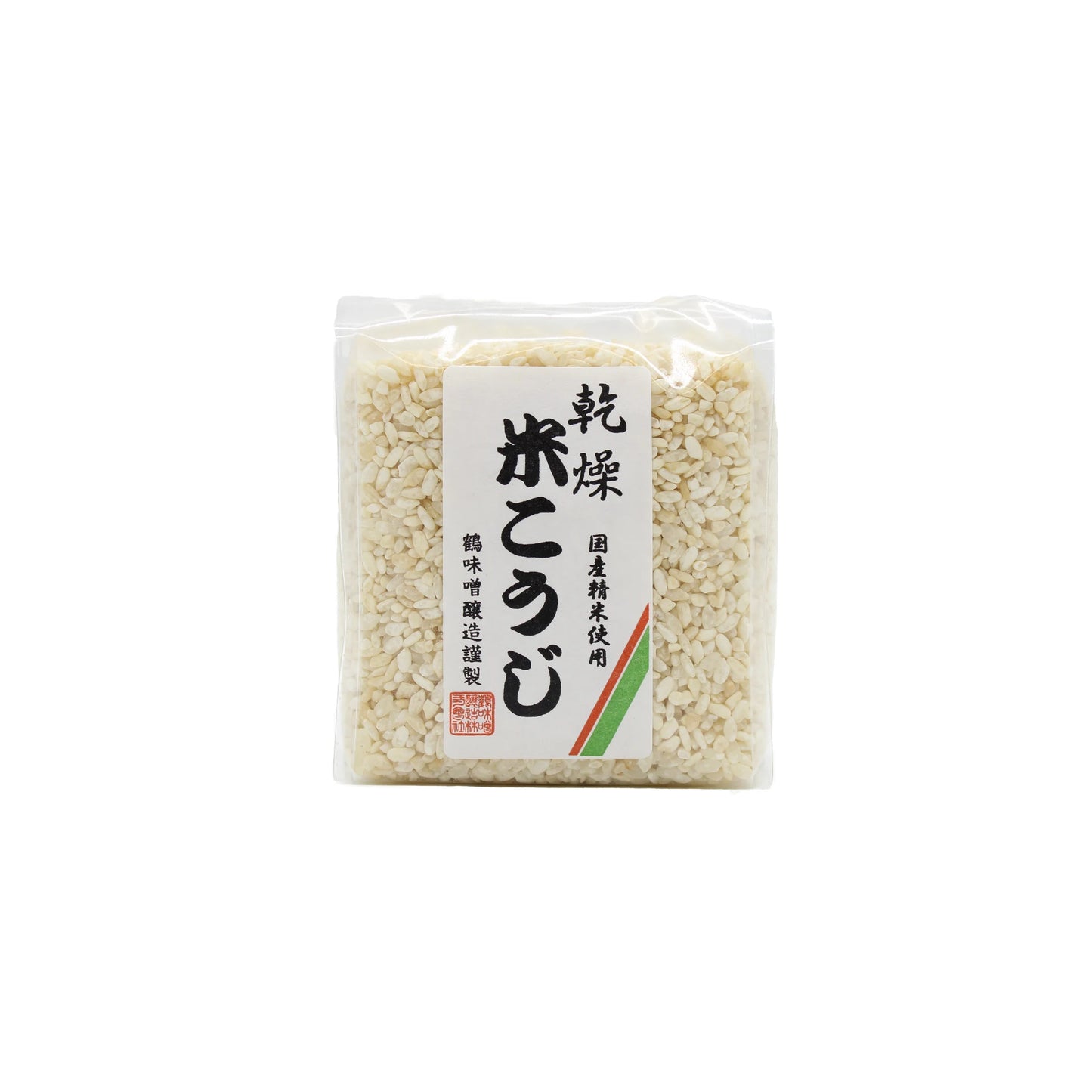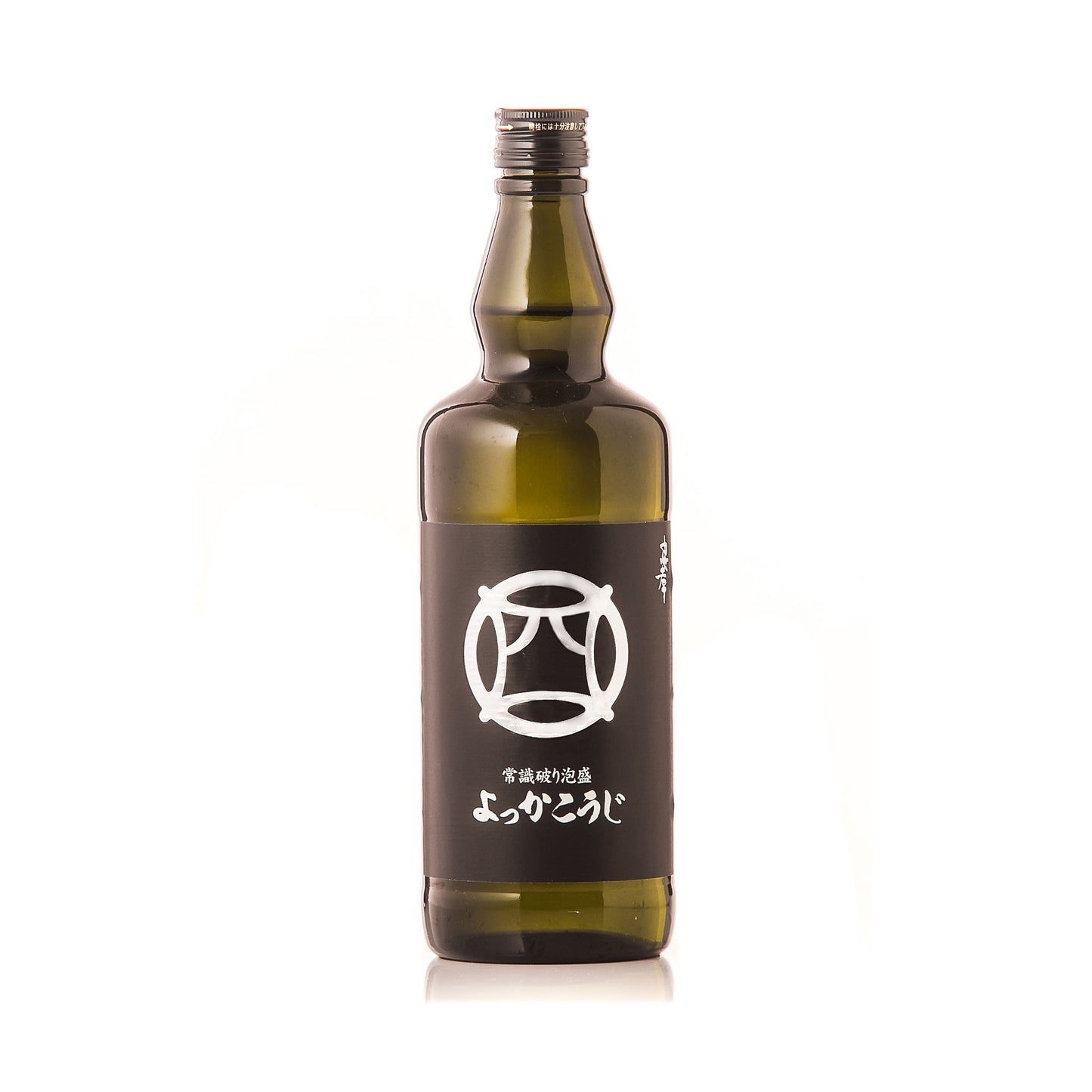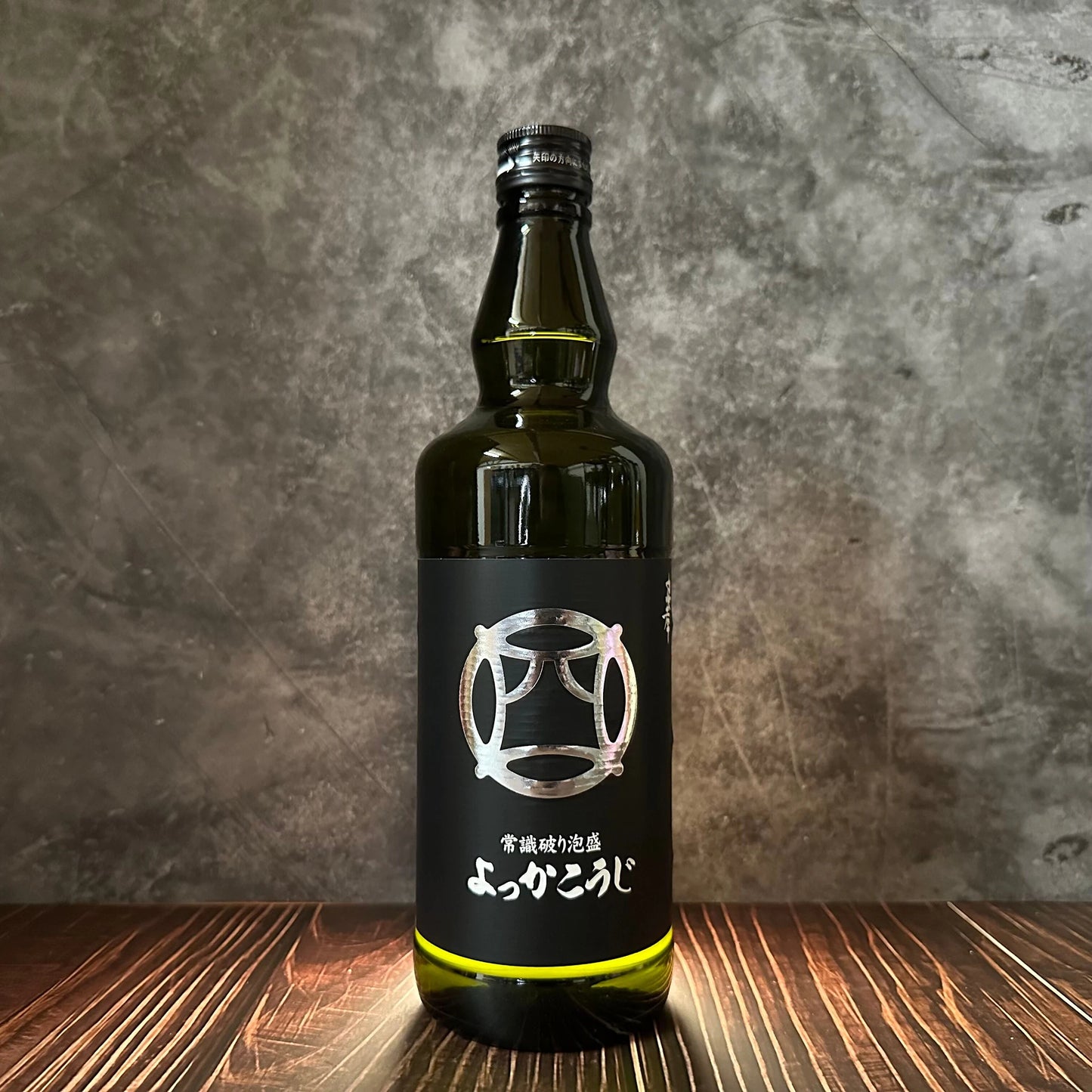Koji
What is Koji and what is it used for?
If you have ever enjoyed the deep, savoury flavours of miso soup and soy sauce or the umami in sake, you’ve already experienced the magic of koji mould. A cornerstone of Japanese cuisine, koji is more than just a traditional ingredient—it is a living, transformative tool that has been shaping the culinary landscape of Japan for over a thousand years.
Understanding Aspergillus Oryzae
Koji refers to grains—usually rice, barley or soybeans—that have been inoculated with a specific mould called Aspergillus oryzae. Koji spores grow on the grains under controlled conditions, these spore play a crucial role by producing enzymes that break down proteins, fats and carbohydrates into simpler compounds like amino acids, fatty acids and sugars. The preparation and fermentation processes are particularly important with rice grains, they need to be flaky, dry and well-separated to ensure proper enzymatic activity. This process of enzymatic transformation brings out complex flavours and forms the foundation for many Japanese fermented foods.
The resulting koji can be used to ferment other ingredients or serve as a seasoning, tenderiser and flavour-enhancer in products like shio koji.
You can read more about koji here.
Get inspired with some recipes
Time Saving Kaeshi Sauce Recipe
Prep Time: 5 minutesCook Time: 5-10 minutesTotal Time: 15 minutesServings: 300ml Yuki Gomi, chef, teacher and friend of The Wasabi...
Japanese Wineberry Jam Recipe
Prep Time: 15 minutesCook Time: 15-20 minutesTotal Time: 30-35 minutesServings: 6 small jars or 3 large This Japanese wineberry jam...
Japanese Wineberry & Kinako Muffin Recipe
Prep Time: 15 minutesCook Time: 22-25 minutesTotal Time: 40 minutesServings: 12 Muffins Nutty, gently sweet kinako (roasted soy flour) plays...


